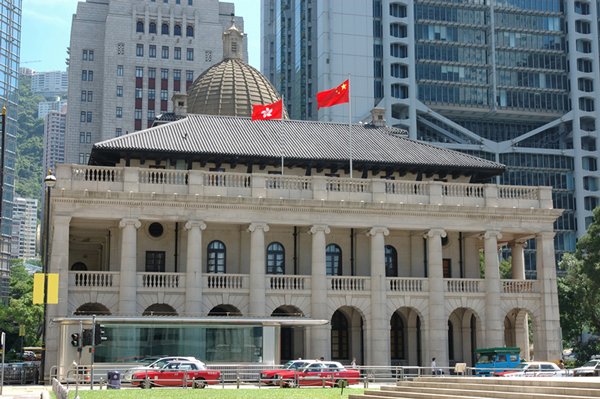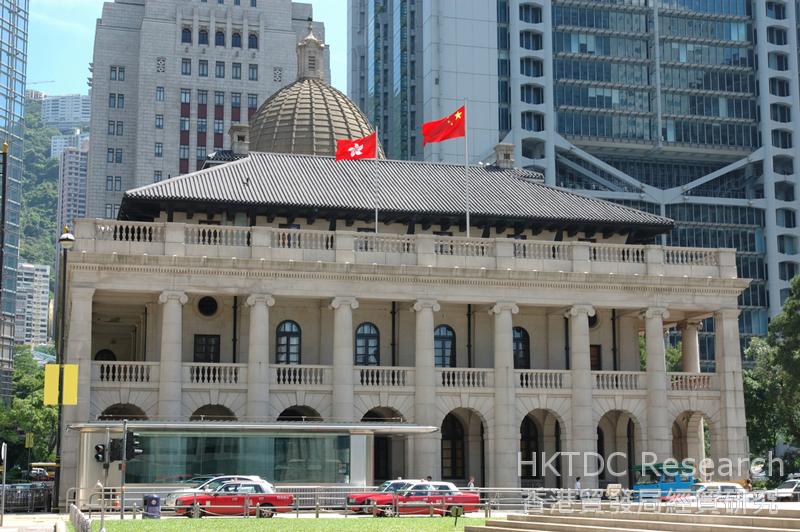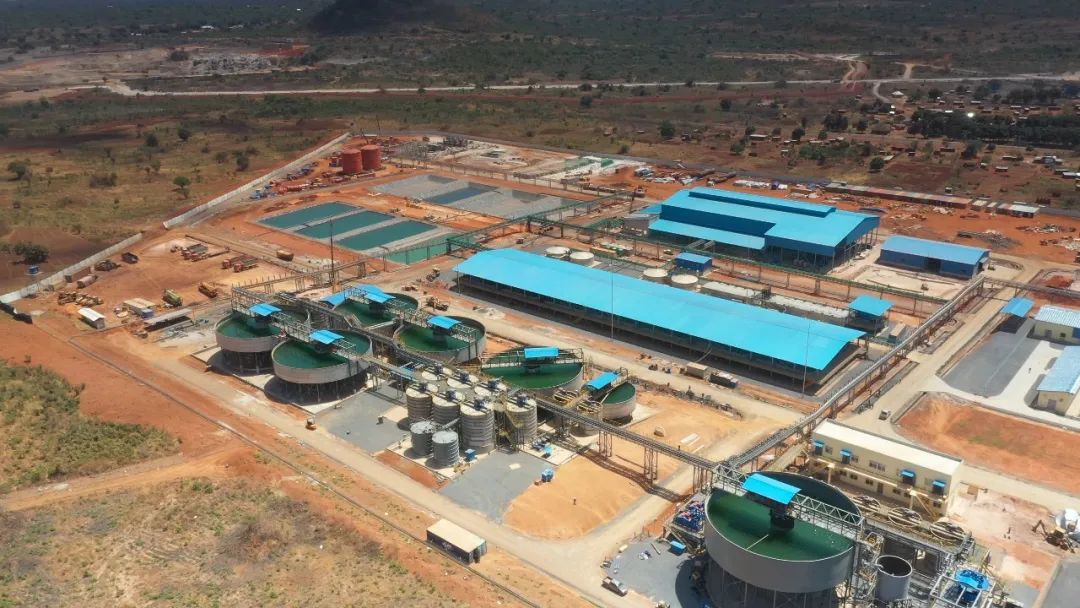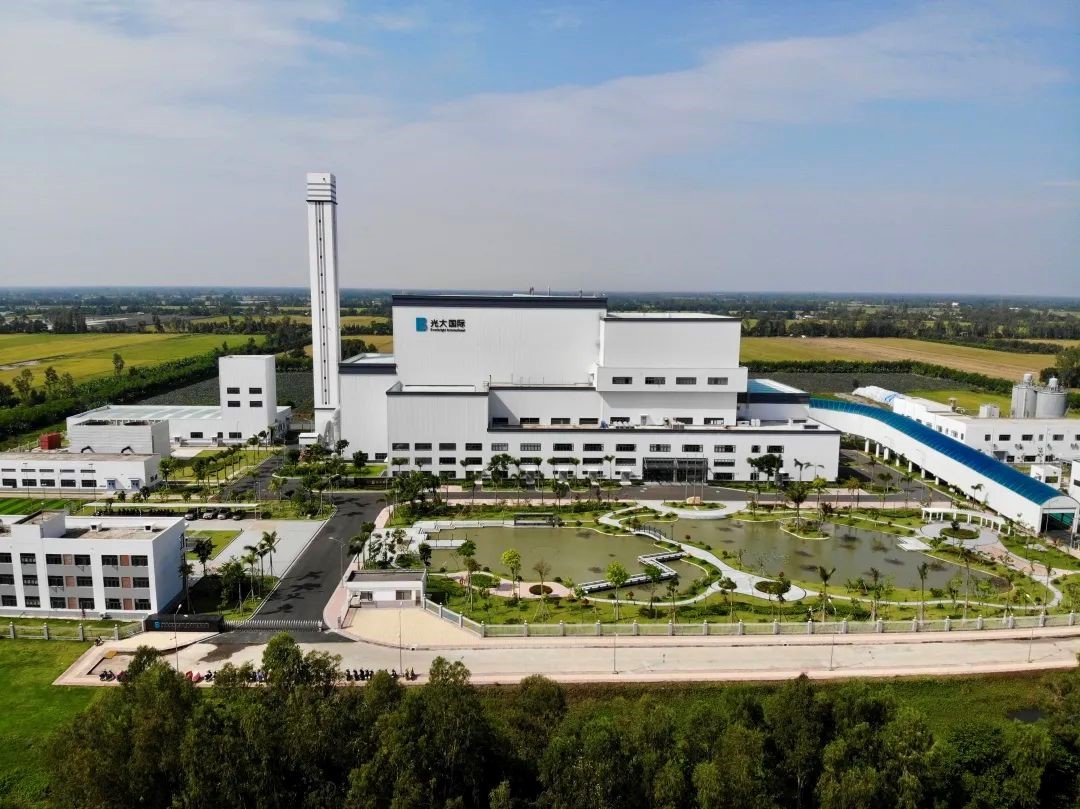"Going Out" to Capture Belt and Road Opportunities (Expert Opinion 1): Key to Risk Management
"Going Out" to Capture Belt and Road Opportunities (Expert Opinion 1): Key to Risk Management
China has investments all over Europe, the Americas and Asia, covering a wide spectrum, including information and communications, biotechnology, energy, automotive, real estate, finance and business services. Chinese enterprises are also increasingly aware that they need to use professional services to deal with different investment risks and ensure that their projects meet the legal requirements in the countries concerned.
However, as China gradually extends its outbound investment to countries along the Belt and Road routes, enterprises "going out" may face higher investment risks because the legal environment leaves something to be desired in some of these countries. Strong professional support is clearly imperative.
Hong Kong legal practitioners are not only familiar with the legal and investment environment in advanced countries but can make use of their extensive international connections to make effective risk assessments for enterprises investing in countries along the Belt and Road. The advice they give on the feasibility of the investment projects should help ensure the sustainable development of the projects.
Understanding the Legal Environment of the Investment Destinations

Many mainland investors have actively sought information on laws and regulations in foreign countries and tried to gauge their impact before "going out" and when drawing up investment plans.
In an HKTDC Research interview, Betty Tam, Partner of the Hong Kong law firm Mayer Brown JSM said: "China's investment in North America is a case in point. Many mainland companies have invested in high-tech industries in North America in recent years and companies like Lenovo, Baidu and the Chinese consortium - Uphill Investment, have carried out mergers and acquisitions (M&A) in the US.
“A typical mainland company would consider a mix of factors when choosing M&A target industries and companies as the basis for assessing the risk and feasibility of the project. These factors include whether the core technology and intellectual property rights of the target company are really what it wants, whether the imported technology can be applied or used to open up the local market, and how to integrate the business after takeover to achieve the purpose of mutual complementarity. Mainland companies must also find out about the preferential investment policies of these countries and whether there are access requirements or other restrictions.
“With these preconditions, mainland companies must seek the help of professionals with proficiency in specific fields of knowledge to carry out due diligence investigations or recommend concrete investment proposals prior to investment and design a transaction structure that suits the legal requirements and restrictive provisions of the place of investment."
As an example, Tam pointed out that certain foreign investment in the US must comply with the provisions of the Foreign Investment and National Security Act. The foreign bidder and US target must both submit information about the proposed deal to the US government through the Committee on Foreign Investment in the US (CFIUS).
Key industries that need to be reviewed by CFIUS include national defence, energy, infrastructure, manufacturing, science and technology, telecommunications, and transportation. If the proposed investment does not conform to these provisions, CFIUS has the right to recommend that the US President block, restructure or even unwind the deal. For example, if the proposed investment involves high-tech areas in the US, a mainland company must formulate strategies in the light of US technology export controls:
US Export Administration Act
Restricts the disclosure and transfer of sensitive technology and technical data to other countries.
Submissions to CFIUS on M&A must indicate whether the target company has exported any commodities under licence.
Even if M&A is not involved, such as granting a non-exclusive licence for thin-film solar technology to a Chinese company, some form of export licence may still be required. Moreover, the US administration currently bans the export to China of any technology relating to supercomputers.
Strategies
Investment in and acquisition of technology and technical data in the US may be seen by the US government as export and therefore need the approval of the US government. Therefore, mainland companies must familiarise themselves with the relevant laws and regulations before contemplating investment and starting due diligence investigations.
When conducting due diligence investigations, it is necessary to investigate and analyse whether the business of the target company is subject to export controls.
Risk Management of Belt and Road Investment Projects
On the other hand, Chinese companies have actively ventured to places like Asia and the Middle East in recent years in the hope of capturing opportunities for relocating production capacity, expanding trade, exploiting resources and purchasing raw materials under China’s Belt and Road initiative.
Tam pointed out in particular that unlike advanced countries in Europe and America, some countries along the Belt and Road are not foreign investment hotspots. Some of them do not have a legal system that is in line with international standards. They lack the necessary legal framework for foreign investment and the government departments concerned may not have any experience in managing foreign investment.
This not only affects the approval of foreign investment projects and the negotiation process but, worse still, may impose restrictions on the investment or demand the reopening of negotiations after investment was materialised when inconsistencies with local conditions are found or if some industries or sectors are affected. This may catch investors off guard and directly affect the sustainability of the investment project.

Tam reminded mainland companies investing in countries along the Belt and Road that they must watch out for additional risks when facing similar institutional problems. They must familiarise themselves with the actual investment climate besides carrying out due diligence investigations on the local laws and regulations as in Europe and America when planning investment in the Belt and Road regions.
When necessary, they must also present relevant government departments in the target country with investment proposals that are in line with international standards and to their partners. In doing so, both sides can have a full appraisal of the whole project in the early stage of planning and fully take into consideration all the relevant clauses so as to negotiate a win-win investment plan and avoid unnecessary future disputes.
For this reason, mainland investors must have international investment experience and local knowledge, or make use of relevant professional services, and formulate strategies suitable for investment in the Belt and Road regions in order to be able to effectively control risks.
Tam said: "Hong Kong legal practitioners know the investment and legal environment of advanced countries well and have service teams with rich international experience who can help mainland companies comply with the requirements of countries in Europe and America for foreign investors. Through their extensive international networks, they can act as team leaders of international projects and lead the professionals of different countries.
“They also have access to experts with local experience who can help conduct due diligence investigations for Belt and Road investment projects and offer customised strategic proposals and feasibility reports that suit the actual situations of different places of investment. Hong Kong's service platform boasts a mix of advantages, such as free movement of funds and a simple and low-rate tax system.
“Together with Hong Kong's efficient business environment, this platform can facilitate investors in setting up companies for special purpose, restructuring their M&A transaction structure for future holding, transfer or alienation of equity or asset in the target company, and help carry out financing and handle cross-border tax arrangements for the projects concerned. It can provide mainland investors with one-stop professional services and assist them in making outbound investment and capturing opportunities arising from the Belt and Road initiative."
| Content provided by |

|






